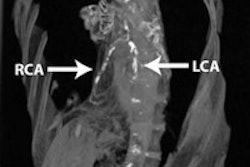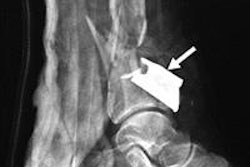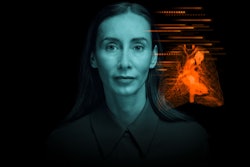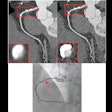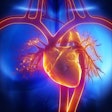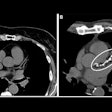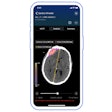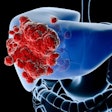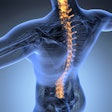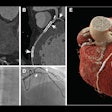Dear AuntMinnie Member,
Breast screening with mammography is beneficial for women 75 years and older, catching cancers earlier and reducing the amount of late-stage disease.
That's according to a new study we're highlighting in our Women's Imaging Digital Community. Researchers from the University of Washington examined the effectiveness of mammography screening in nearly 1,200 women in this age group.
They found that patients who had their cancers detected by mammography had earlier-stage disease than those with cancers discovered by their physicians or on their own. Those with mammography-detected cancers were also more likely to receive less-invasive treatment.
The findings are an important riposte to critics of breast screening who question mammography's value in older women. Women older than 75 are living active lives these days, and they stand to benefit from breast screening, the authors contend.
Learn more by clicking here, or visit the community at women.auntminnie.com.
CT of ancient and modern Egyptians
Sending mummies through CT scanners to gain insights into the lives of ancient humans has been all the rage lately in archaeology circles. But what if you compared those scans to those of modern humans? What similarities and differences would you find?
A multinational research group decided to do just that, and we're featuring their results in our AuntMinnie Middle East section.
The researchers scanned modern Egyptians and compared the results to exams previously performed on mummies from the time of the pharaohs. They focused in particular on atherosclerosis, using CT's power to detect coronary calcium as a marker.
The group found that ancient and modern Egyptians are not so different after all, with both showing similar patterns of atherosclerosis. Learn more by clicking here, or visit AuntMinnie Middle East at me.auntminnie.com.
PET for Alzheimer's disease
Next up is a new study in which researchers using PET found a link between Alzheimer's disease and sleep disorders such as apnea.
In the study from NYU Langone Medical Center, cognitively normal elderly adults underwent PET brain scans with the radiotracers FDG and Pittsburgh Compound B. The researchers found striking similarities in radiotracer uptake between those with more severe signs of apnea and sample scans of patients with Alzheimer's disease.
Learn more about the research by clicking here, or visit our Molecular Imaging Digital Community at molecular.auntminnie.com.
Minnies nominations
Finally, the Minnies are in the second week of the nominations phase, where you can tell us who you believe deserves to be recognized for their contributions to medical imaging. To get started, just go to minnies.auntminnie.com.




